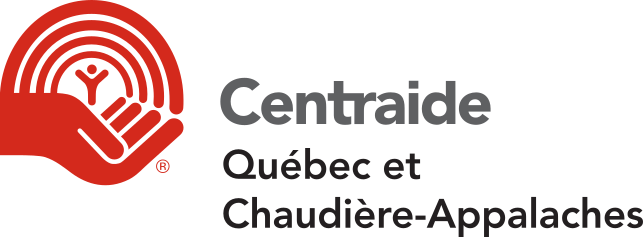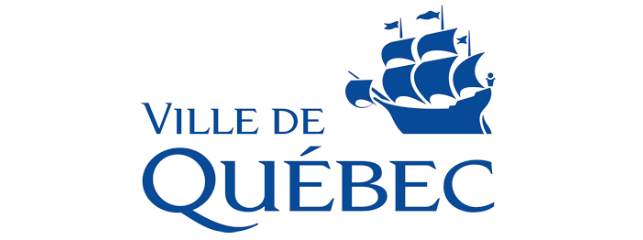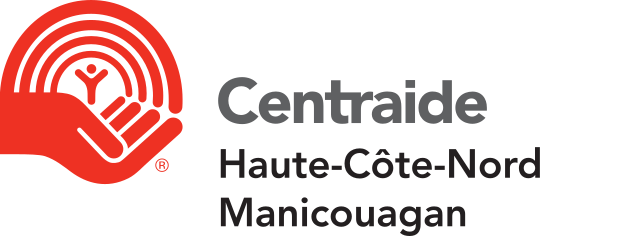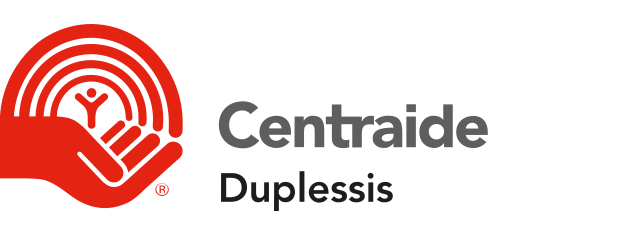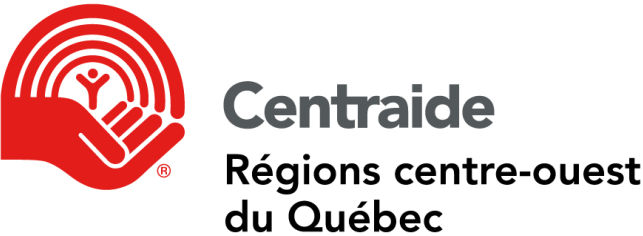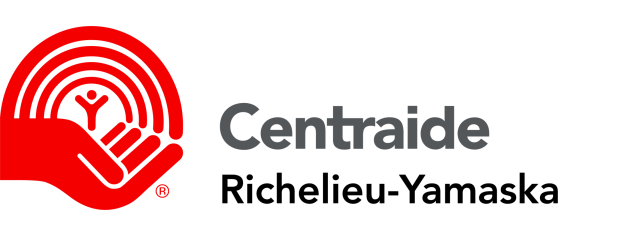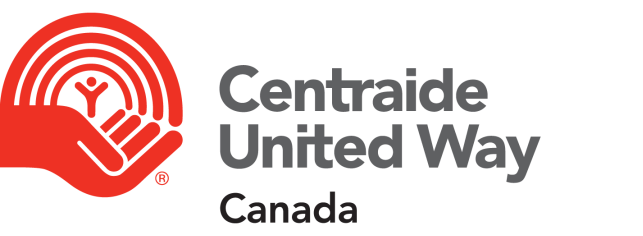[ Browse by Service Category : Educational Programs : Sub-Topics of Literacy Programs (26) ]
Adult Literacy Programs
Programs that provide reading and writing instruction for adults who are unable to read or write at a functional level, with the objective of ensuring that they have the skills necessary to find and keep decent jobs, support their children's education and participate actively in civic life. Some programs interpret literacy more broadly and also help people develop speaking, computation (numeracy/mathematics) and problem solving skills.
Early Literacy Development Programs
Programs that promote pre-literacy and language development skills in children from birth to age five with the objective of preparing them to read. Program activities are both educational and social and focus on helping participants develop oral language skills, expand their vocabulary, develop the concept of a word, have exposure to printed words and connect them to stories, develop phonological and phoneme awareness (sounds associated with letters and words), and recognize letters of the alphabet and connect them to words. Specific activities that promote early literacy development include reading aloud, summarizing stories read, conversations and dialogue, learning new words, exposure to books, rhyming and singing, imitating sounds, identifying syllables, writing and naming letters, attaching sounds to letters, and recognizing words. Counting and elementary math may also be incorporated. Programs may be formal or informal, and may include parent participation. Classes are often held at schools, churches, libraries and community recreation centres.
Youth Literacy Programs
Programs that provide instruction in reading, writing and comprehension for young people who are unable to read or write at a functional level. Some programs may also include basic training in speaking, numeracy/mathematics and problem solving skills, and target high needs groups such as youth who are at risk, street involved, homeless or incarcerated. Parents and other family members may be welcome to participate.
The above terms and definitions are part of the Taxonomy of Human Services, used here by permission of INFO LINE of Los Angeles.

